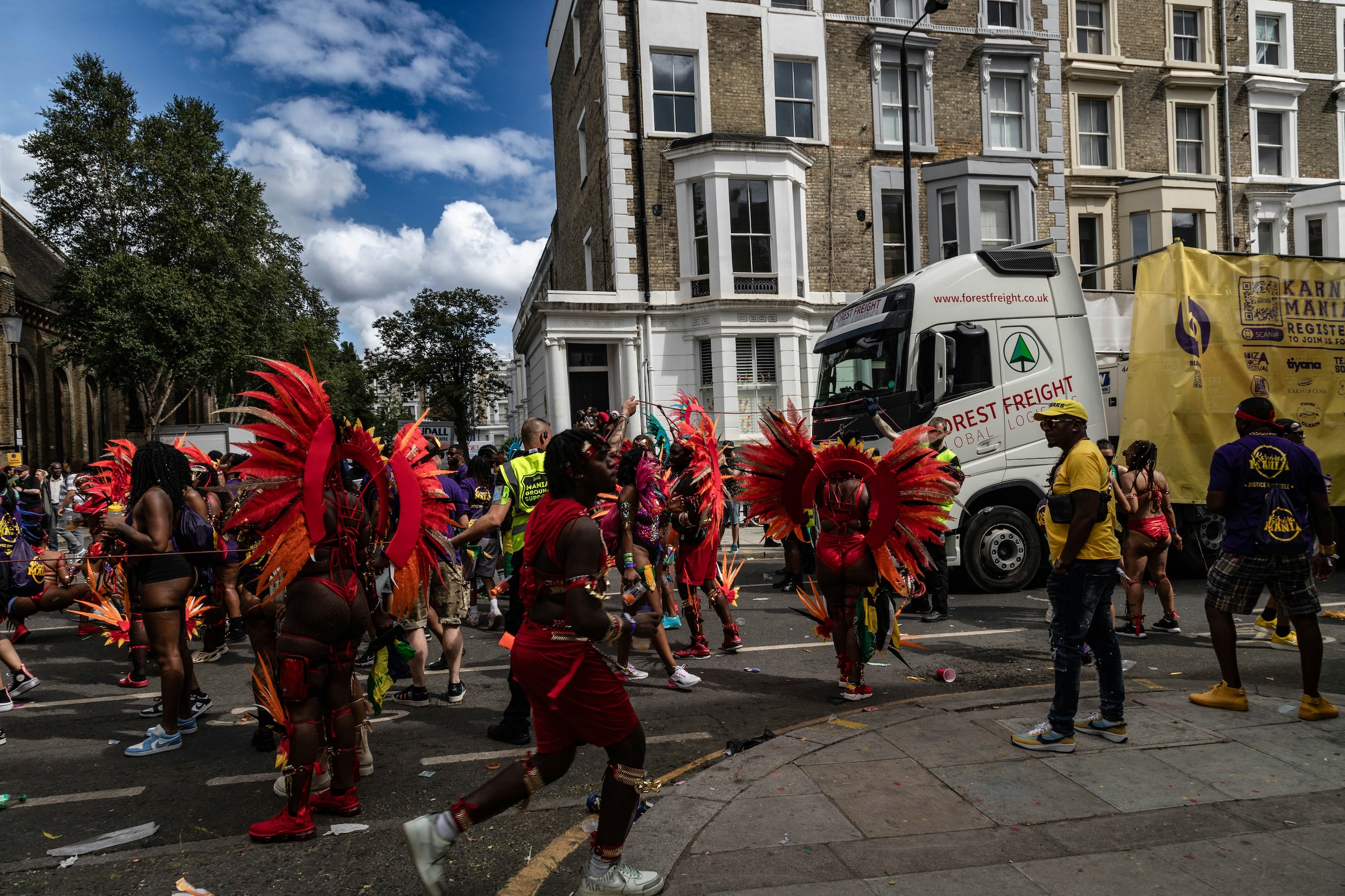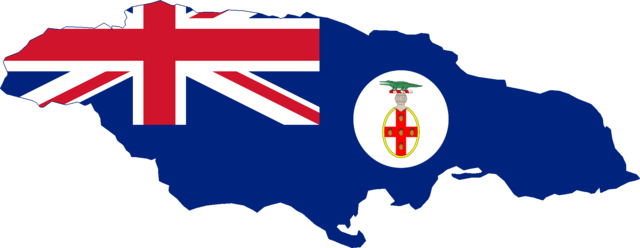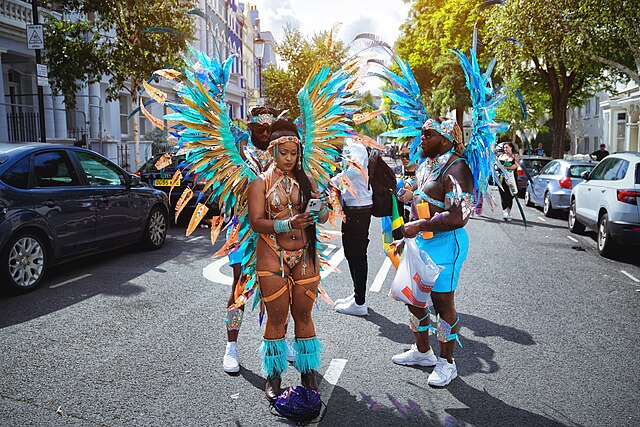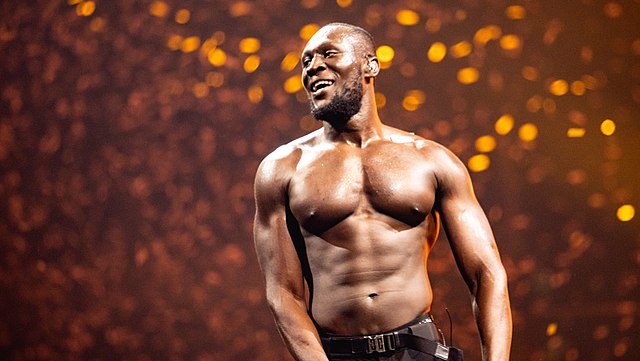London: The Mini Jamaica

"Yuh hear me now? Mi tell yuh, London nuh di same again—Jamaica tun up di vibes!"
If you’ve strolled through the streets of London lately, you’ve probably noticed that the city’s pulse has a distinctly Jamaican rhythm. From the slang on the streets to the beats of the latest chart-topping tunes, it’s undeniable: Jamaican culture has been marinating in London for decades, and now it’s bursting onto the scene in all its glory.
London, the capital of Britain and a hub of global culture, has evolved into what some might call a “mini Jamaica.” You can hear it in the way people speak, see it in their style, and feel it in the music. But how did this fusion happen, and why is Jamaican Patois so central to the way young Brits speak today? To understand this, we need to take a little journey back in time.
A History Tied Together

Jamaica and Britain go way back. Jamaica, a former British colony, was part of the empire for over three hundred years. Though Jamaica gained its independence in 1962, the ties between the two nations have remained strong, especially since Jamaica is still part of the Commonwealth. But it’s the Windrush generation that truly solidified Jamaica’s mark on the UK. In 1948, the Empire Windrush ship brought hundreds of Jamaicans to the UK to help rebuild the nation after World War II. They arrived with hope, resilience, and, of course, their culture. This wave of immigration didn’t just bring people; it brought music, food, and, most importantly, language. While many Brits were still getting used to the idea of a multicultural society, Jamaican culture was setting roots in British soil.
Fast forward a few decades, and the cultural exchange has only deepened. Jamaican influence permeates some of London’s most iconic events, like the Notting Hill Carnival, a celebration of Caribbean culture that now attracts over a million visitors annually. From the vibrant colors to the infectious beats of reggae and dancehall, Notting Hill is a living testament to how deeply ingrained Jamaican culture is in the capital.

Patois: From “Other” to Center Stage
But perhaps the most fascinating development is how Jamaican Patois has slipped into the everyday lexicon of British street culture. What was once seen as an “outsider” language has now become central to how many young Brits—regardless of their background—express themselves. Words like "wagwan" (what’s going on?), "mandem" (the boys), and "ting" (thing) have been adopted into the mainstream, transcending race and class.
So, how did this linguistic evolution happen?

One answer lies in the world of music. British genres like grime and drill owe a massive debt to Jamaican sound systems and reggae. Artists such as Stormzy, Skepta, and J Hus frequently incorporate Patois into their lyrics, weaving together the gritty realities of British urban life with the rhythmic cadences of Jamaica. The influence of Patois in their music gives it authenticity, a sense of identity that resonates with listeners who feel connected to both the struggles and the joys of multicultural London.
And it’s not just the music. If you’ve tuned into a reality show like Love Island or even caught some of the ‘banter’ on social media, you’ll notice that a lot of the slang being thrown around has Jamaican roots. The casual use of words like "bruv" and "fam" are now sprinkled with Patois-influenced slang. In fact, it’s not uncommon to see white Brits flipping between their usual accents and dropping a few Patois phrases—sometimes even mid-sentence!
Fashion, Film, and Everything In Between
Beyond language and music, Jamaican culture has also stamped its influence on British fashion and film. The oversized gold chains, brightly colored tracksuits, and streetwear that dominate today’s youth fashion scene often harken back to styles popularized in Jamaican dancehall culture. In films and TV shows, actors (Michael Ward) like those in Netflix’s Top Boy switch seamlessly between British and Jamaican accents, reflecting the fluid cultural exchange that defines modern-day London. Then there’s UB40, a Birmingham-born reggae band that, since the '80s, has helped bring Jamaican music into the heart of British pop culture.
Resilience and Solidarity
What’s most exciting about this cultural blend is how it signals a new sense of identity for young Brits. Jamaican Patois has become a badge of honor in British street culture, a way to express resilience, solidarity, and a shared experience, no matter where you’re from. It’s about connecting with something bigger than yourself—a global culture that stands up against the odds and stays unapologetically bold.
Jamaica’s influence on London is undeniable. From the streets of Brixton to the stages of the O2 Arena, the spirit of Jamaica lives on in the way people talk, dress, and move. What started as the language of a distant island is now reshaping the identity of an entire generation in Britain’s capital.
So, next time you’re walking through London and you hear someone shout “Wagwan, fam!” with that unmistakable Jamaican flavor, remember: London might be the capital of Britain, but its heart? That’s pure Jamaica.





